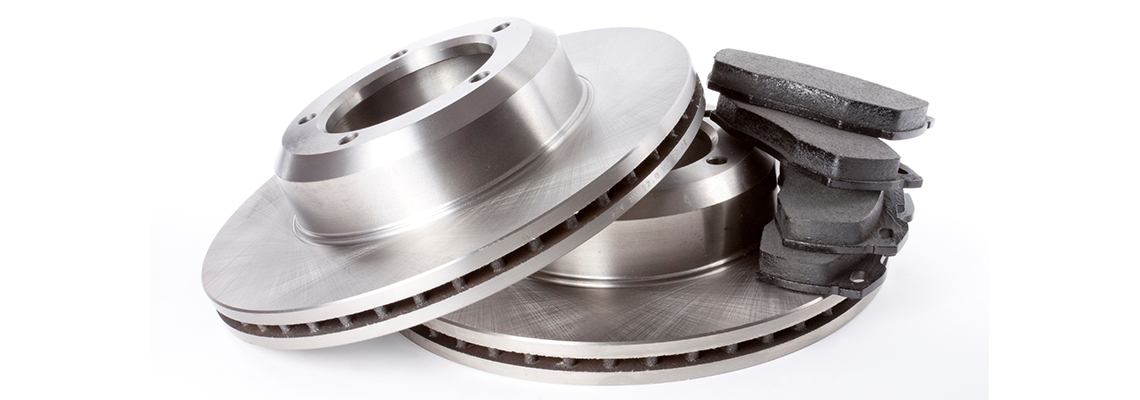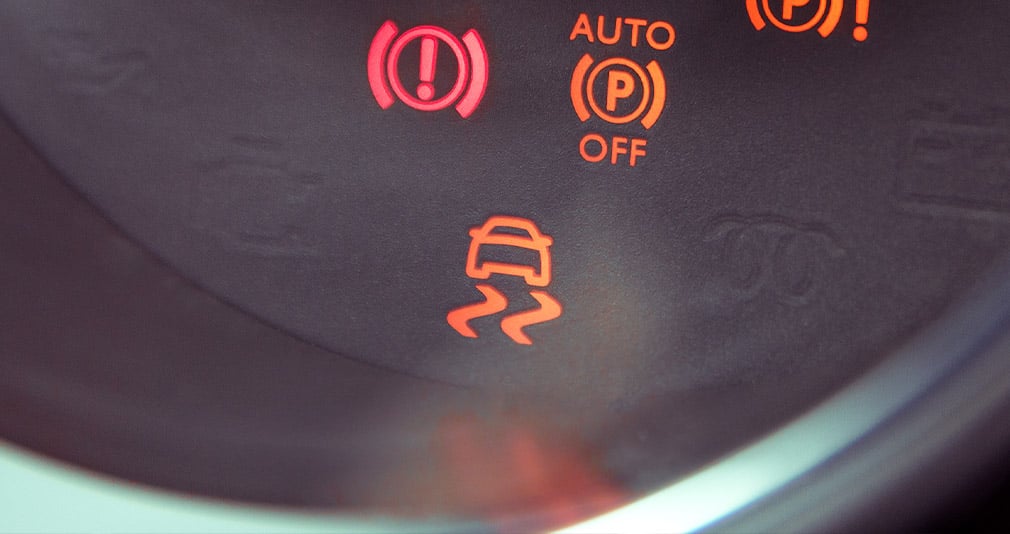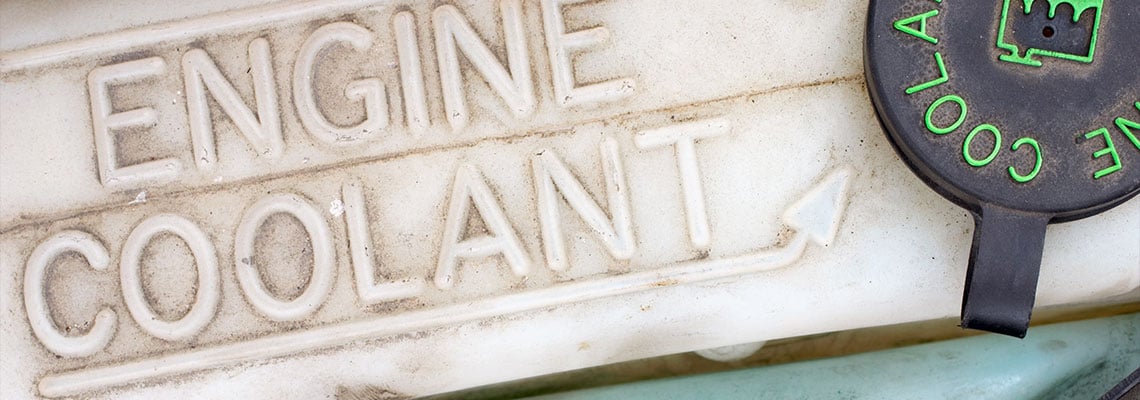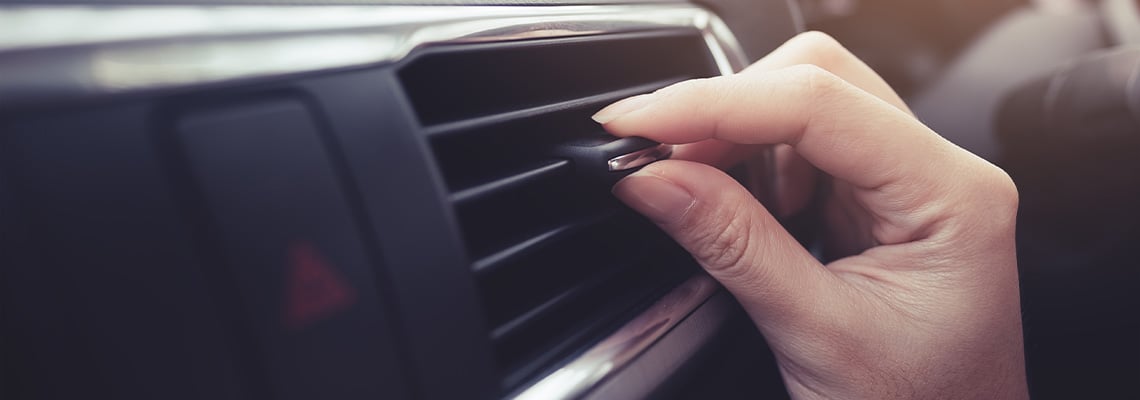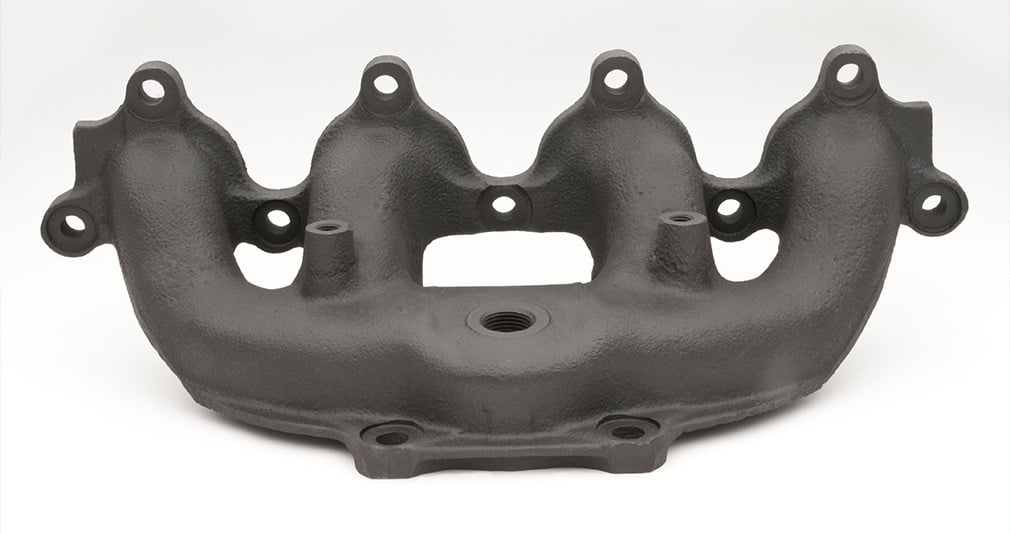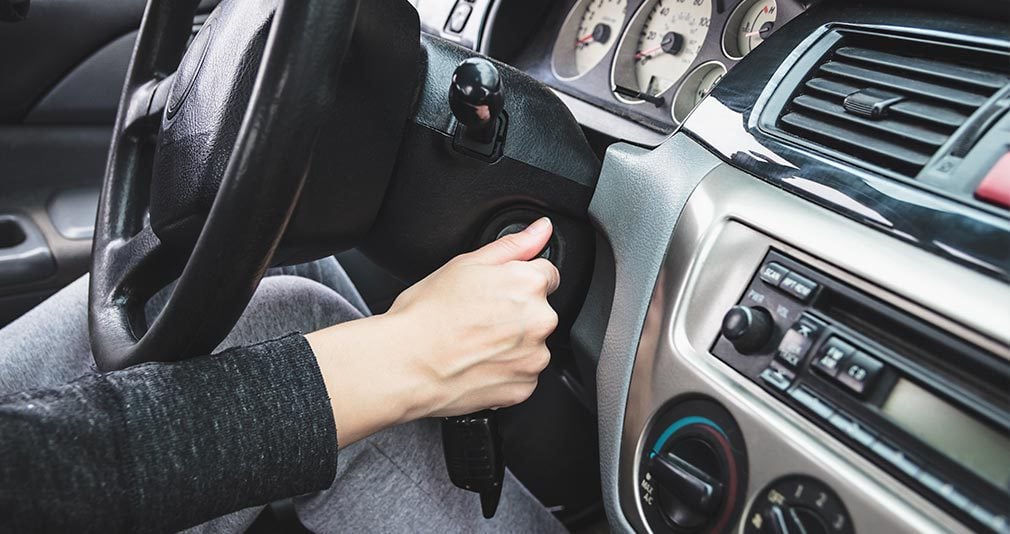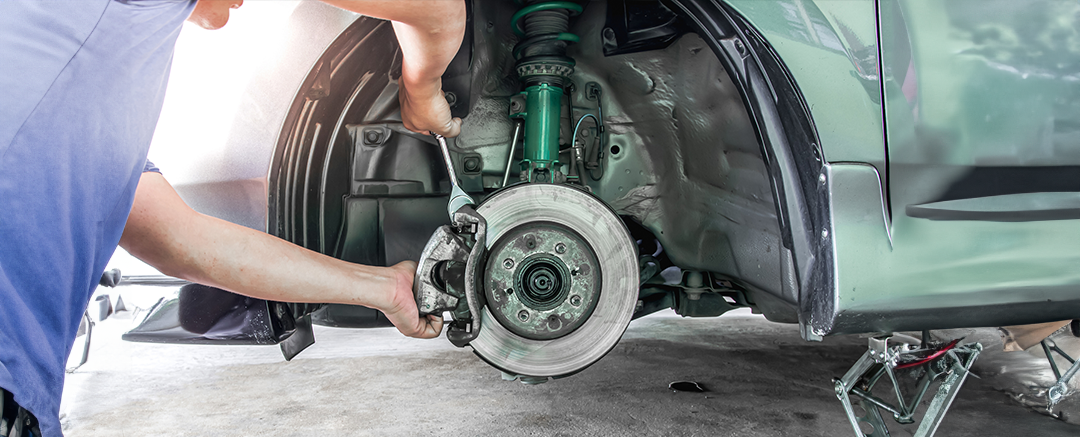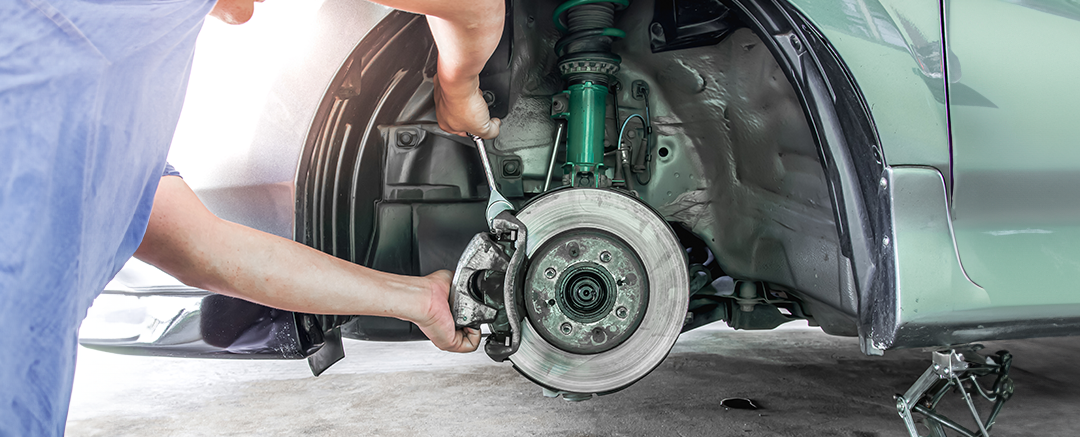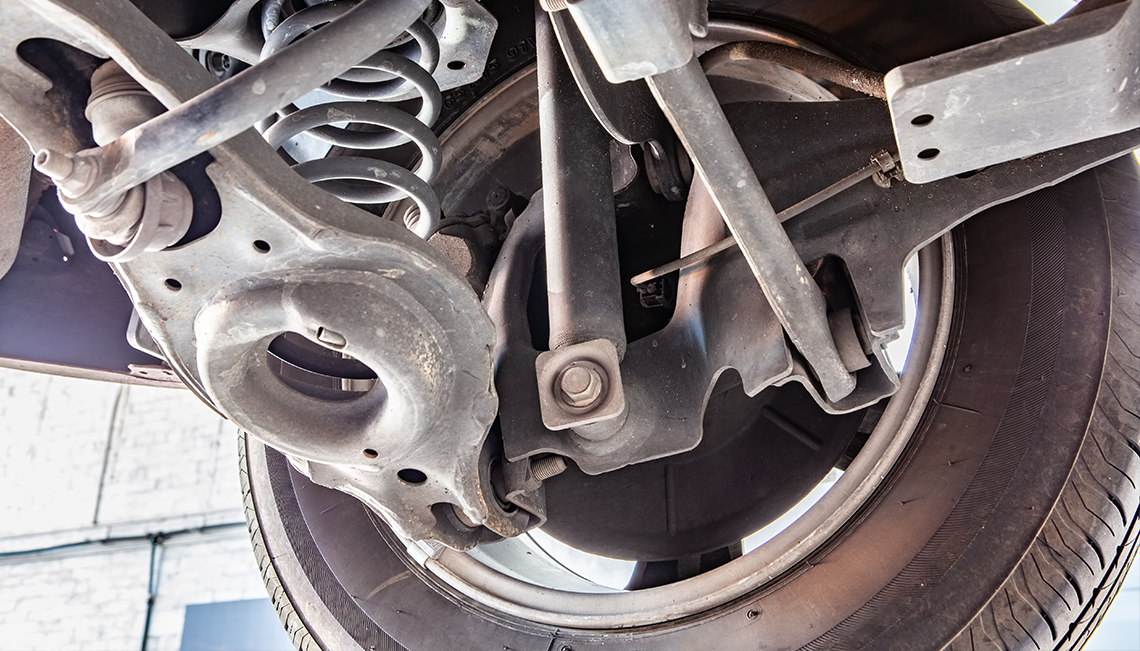Whoever said "stop stopping yourself" apparently wasn't behind the wheel of a 2-ton vehicle at the time. After all, when it comes to cars, being able to stop is just as important as being able to start. And how do you stop a car? Well, there are multiple ways — but the safest one is with brakes.
Which begs the question: How much do you really know about brakes? And how do you know when they need repaired? The modern brake system is composed of many parts, and each has its own function, lifespan and sign that it needs to be replaced. Whether your car has disc brakes or drum brakes, if you don't maintain them, there's a chance your brake system could fail on you — which could be costly.
Fortunately, we're here to help. From brakes and rotors to pads, calipers and more, this article explains all the major parts of your brake system and when to replace them.
Brake Rotors/Brake Discs
- What they are: Sometimes called brake rotors, sometimes called discs, this brake part is one of the main components of disc brakes. When brake pads press against the disc/rotor on each side, it causes the system to slow down or stop.
- How long they last: As with all brake parts, it can vary, but brake rotors/discs tend to last anywhere from 30,000 to 70,000 miles. You can also extend their life with brake resurfacing. They should be inspected every 12,000 miles, however.
- When to replace: The surface is where this brake part wears down. Over time, grooves or ridges can develop where the brake pads press down on them. If the brake pads can't maintain an even contact surface, you may experience grinding, meaning it's time to resurface or replace the rotors or discs. It's recommended to replace brake rotors/discs in pairs.
Brake Pads
- What they are: Also a component in disc brakes, brake pads press on the brake rotors/discs to slow them down. They sit in the brake calipers and are activated by brake pistons.
- How long they last: How long a brake pad lasts depends on its quality. Harder pads last longer than soft pads, but overall, they'll last until the padding is worn down to the metal "shoe" part of the brake pad. Pads last 40,000 miles or so on average but can vary from less than 25,000 miles to more than 65,000 miles.
- When to replace: Squealing is a good indicator that there is an issue with your brake pads. Many cars have a brake warning sensor that lets you know when it's time to get your brake pads checked immediately. The best brake pads for your vehicle are often determined by your vehicle's owner's manual, or you may try searching online forums for a second opinion.
Brake Calipers
- What they are: Calipers can be floating or fixed, and they house the brake pads, brake pistons and brake fluid. Think of them like a clamp. They're crucial for creating friction that slows down your brake rotors or discs.
- How long they last: Caliper lifespan depends a lot on how actively you use your car. If it sits for a while, the caliper may break down, stick or collect debris. It's also possible you may need to fix a seized brake caliper. But in general, calipers can last a long time with good maintenance.
- When to replace: The main issue that pops up with brake calipers is with their seals, which can break down due to the heat in the brake system. But there can also be grinding due to the disc and caliper rubbing together. Get your calipers checked with the rest of your brake system every 12,000 miles.

Brake Pistons
- What they are: Pistons press against brake pads to create friction on the brake rotors/discs. They're activated by brake fluid and sit within the brake calipers. There are usually one or two pistons per brake, but there can be more than one pair.
- How long they last: Brake pistons can erode or stick, which causes issues with the brake pads applying properly to the discs or rotors when they're activated. Their lifespan is very similar to brake calipers but can also vary.
- When to replace: If the brake is sticking or your car is leaking brake fluid, it could be a sign that brake pistons need to be replaced. More often than not, it's another brake component issue, which is why a brake inspection is so important.
Brake Drums
- What they are: A crucial component in drum brakes, these drums are hollow and turn with the wheel. Unlike disc brakes, however, drum brakes are slowed down by brake shoes instead of brake pads.
- How long they last: Brake drums are designed with longevity in mind, often lasting more than 100,000 miles if there are no serious issues. Other components in drum brakes, however, (such as brake shoes) may need to be replaced sooner.
- When to replace: Drums are more prone to fading than discs and can fade faster if you apply them extremely frequently. If there is shaking, pulling to one side or loud noises when you are braking, it's time to get them checked out, as that's an indicator of a needed brake repair.
Brake Fluid
- What it is: Brake fluid activates the brake pistons, which cause the brake pads to slow the car. Without enough brake fluid, the pistons won't activate properly to apply the pads to the discs and rotors.
- How long it lasts: Brake fluid is designed to withstand extreme temperatures, but levels can drop over time as brake pads wear down. Aside from regular flush and replacement, you may need to address brake fluid if there are any seal or leak issues in the brake line.
- When to replace: It's recommended to flush your brake fluid and replace it with new fluid every 20,000 miles or two years.
Brake Lines
- What they are: Your brake fluid travels from the master cylinder to the wheels via brake lines. These are often made from stainless steel and rubber.
- How long they last: In theory, brake lines should last as long as your car does, but there can always be unexpected issues that pop up. Since small portions of the line are made from rubber, this is where many failures originate.
- When to replace: It's often best to replace the entire brake line instead of repair it. If you notice leaking brake fluid, the line may be at fault, so it's a good idea to get a brake inspection.
Believe it or not, these are just a few of the brake parts out there. If you'd like to know more about your brake system and ensure it's performing at its highest level, schedule a brake inspection at one of our six auto repair shops in Cleveland, Ohio today.

